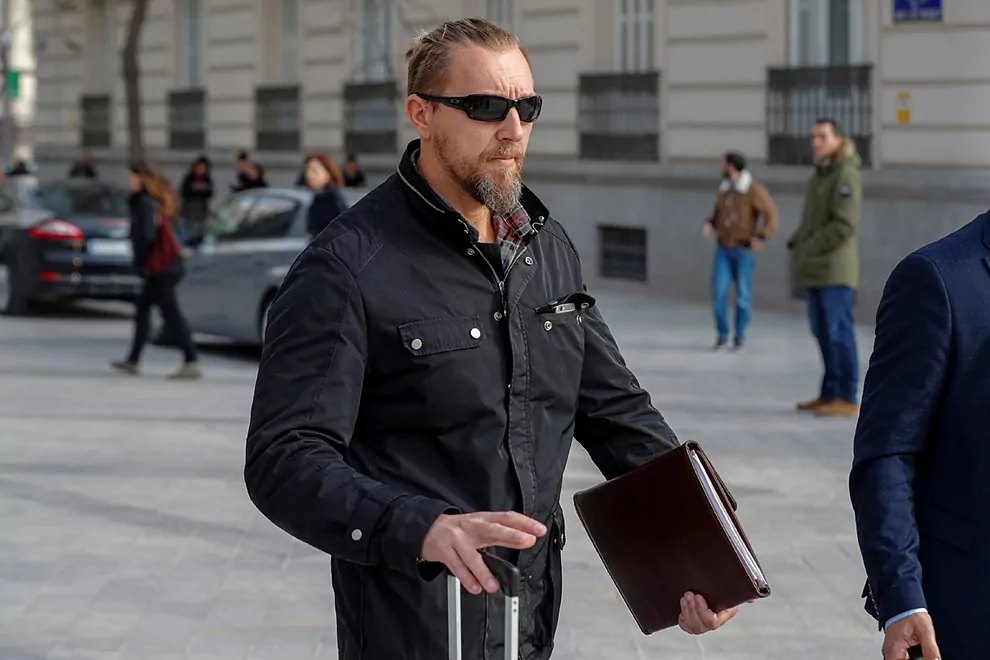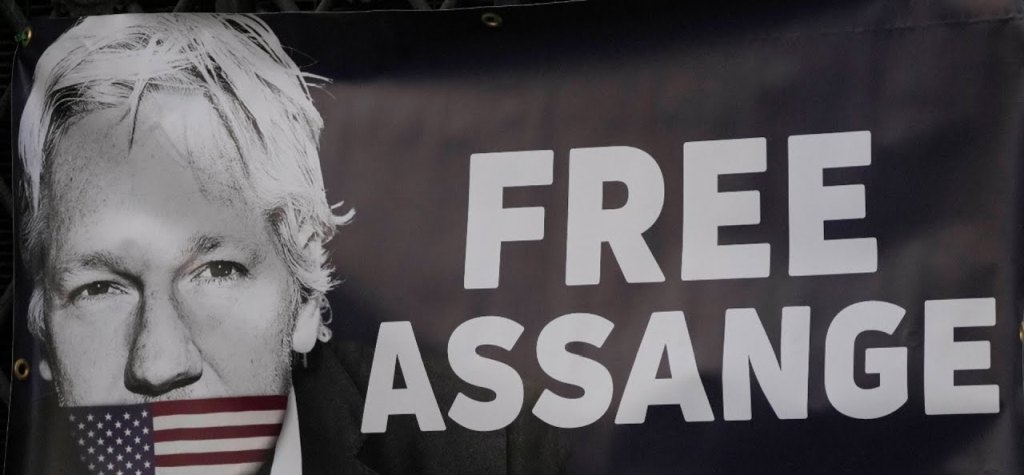Undercover Global S.L. (UC Global) was a Spanish security startup you’ve probably never heard about. Unlike other startups that we’ve covered in the past, UC Global conducted secret activities on behalf of the US Central Intelligence Agency (CIA). The Spanish startup spied on Wikileaks founder Julian Assange, which later led to his arrest.
UC Global made headlines last year after it and the CIA were found guilty of violating the rights of Assange’s visitors. UC Global founder, David Morales, later secured a secret contract with the CIA to provide security at the Ecuadorian embassy in London and monitor Assange. During that period, the company required guests to sign in and leave electronic devices with the embassy guards before visiting Assange. The information collected was allegedly copied and sent to the CIA, with the former CIA Director Mike Pompeo’s knowledge and approval.
Emails suggest that Morales also shared sensitive information about Assange’s legal defense with the CIA, prompting swift action by the U.S. government to prevent Assange from escaping custody.
Spanish company spied on Julian Assange for the CIA | El Pais
Emails from the owner of UC Global reveal that he sold data about the WikiLeaks founder’s legal defense strategy to US intelligence agency [2023]https://t.co/im0Qegu7UM
— WikiLeaks (@wikileaks) May 10, 2024
That’s not all. Morales’s alleged espionage activities extended beyond Assange to include monitoring meetings involving former Ecuadorian President Rafael Correa and other Latin American leaders. Messages exchanged between UC Global operatives indicate a coordinated effort to gather intelligence on Assange’s visitors. This collaboration culminated in the U.S. government thwarting Assange’s escape plan by issuing a warrant for his arrest.

UC Global Founder David Morales, (Credit: Elmundo, en la Audiencia, en 2020. EFE)
In addition to spying on Assange, UC Global, under Morales’s direction, purportedly conducted surveillance for the CIA on meetings held in 2018 involving former Ecuadorian President Rafael Correa and other Latin American leaders.
On December 20, 2017, Michelle Wallemacq, the head of operations at UC Global, sent a message to two technicians at the Ecuadorian Embassy in London. She wanted them to be vigilant the next day when Rommy Vallejo, the head of SENAIN (Ecuador’s secret service), was set to meet with Assange. Wallemacq hinted that they should gather any useful information during Vallejo’s visit, suggesting that it was important for Assange’s future.
“Be on the lookout tomorrow to see what you can get… and make it work.” Wallemacq wrote.
Despite mounting evidence, Morales vehemently denied working directly for the CIA, attributing the surveillance activities to Ecuador’s government. However, his statements were met with skepticism given the extent of collaboration between UC Global and the CIA.
The origins of UC Global’s involvement with the CIA trace back to 2017 when the startup was recruited through connections with the Las Vegas Sands Casino Group, allegedly facilitated by casino mogul Sheldon Adelson. This partnership laid the groundwork for UC Global’s covert operations at the Ecuadorian embassy.
In December 2023, a New York court ruled that UC Global and the CIA had violated the constitutional rights and privacy of U.S. citizens who met with Julian Assange at Ecuador’s embassy in London. The lawsuit was filed by four Americans, including two lawyers and two journalists, against former CIA Director Mike Pompeo, the CIA itself, and David Morales, a former Special Forces soldier who owned a Spanish surveillance firm tasked with guarding the Ecuadorian Embassy in London.
While the court recognized the unlawful conduct of UC Global employees in photographing mobile phone passwords, it deemed other surveillance activities within the embassy as legal due to the absence of privacy expectations in such a public setting.
“Judge John G. Koeltl’s decision acknowledged the violation of the plaintiffs’ rights by the employees of UC Global, who unlawfully photographed mobile phone passwords and contents when the four plaintiffs were visiting Assange in the embassy. However, the judge also ruled that UC Global’s recordings of conversations and photographs of passports at the embassy were not illegal because there is “no expectation of privacy [by the plaintiffs] in that embassy,” which is considered a public place,” Spanish newspaper El Pais reported.
The intricate web of espionage and legal ramifications surrounding UC Global’s activities sheds light on the complex intersections between state intelligence agencies, private enterprises, and individual rights.

